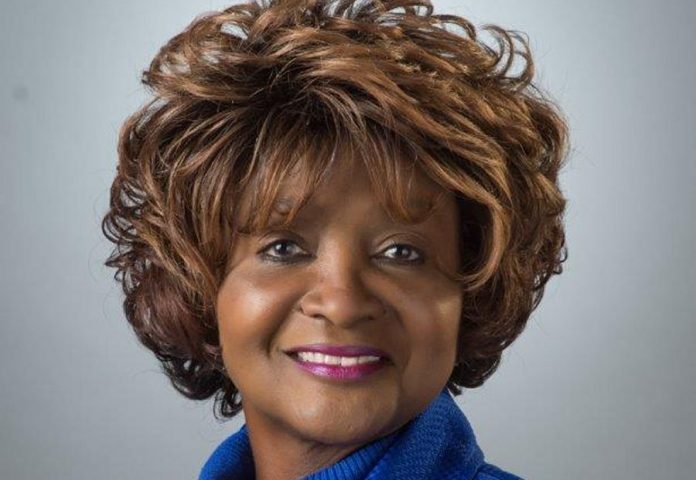As we head into May, a month of sunshine with the promise of summer, it came to mind that we are all ready for happier, healthier days, especially after the past year of dealing with the COVID-19 pandemic.
And, while the pandemic is still with us, life is beginning to return a bit closer to the norm – the norm of seeing one another and enjoying the companionship of family, friends and even coworkers.
These last 15 months have affected each of us differently – some financially, others socially, some physically and yet others, mentally.
Programs designed specifically for the financial, social and physical challenges of the pandemic are prevalent. Yet the mental health aspect of this pandemic also needs our focus. We often forget about the mental health challenges many have faced. Losing a job, closing a business, the death of a family member – all of these are significant life events that leave devastating emotional impacts.
It is incumbent upon all of us to be aware of not only our own thoughts and feelings, but also of those around us. Often, the public faces we see can hide internal suffering. That is the challenge of mental health. It is beneath the surface and unseen by many until the worst happens.
As we begin resuming our daily routines, we need to take a few minutes for a self-assessment. Are we feeling more tired than usual, sad, anxious and angry or just going through the motions? One day or two is usual. Several weeks or months could be a sign that something is amiss.
Know that suffering a mental health crisis is more common than you might realize. In Denton County, statistics show one in five residents will be impacted by a diagnosable mental health condition.
Through my work with the United Way of Denton County and other organizations across our region, I have become aware of the resources that are available for those in need of assistance. It is not a sign of weakness to reach out for help. It is actually a sign of significant strength.
In Denton County, we have a crisis hotline that provides information, support, intake appointments, intervention and referrals to callers 24 hours a day, 7 days a week. The number is 1-800-762-0157. We also have a Suicide Prevention Lifeline that offers 24/7 free and confidential support to anyone in distress. The number is 1-800-273-8255 (TALK).
Also available is the Here for Texas Mental Health Navigation Hotline (972-525-8181) that provides guidance, information, resources and support for mental health and addiction. The free helpline is available from 10 a.m. to 6 p.m. Monday through Friday. Callers will be connected with a mental health navigator who can assist in finding the necessary resources.
In addition, the Texas Health and Human Services Commission along with the Texas Department of State Health Services set up a COVID-19 Mental Health Support Line for anyone who is feeling overwhelmed by the ongoing COVID-19 pandemic. The number is 1-833-986-1919.
On the United Way of Denton County website, at www.unitedwaydenton.org/mental-behaviorial-health-resources, individuals can find resources specifically for designed for them.
Each of these numbers and resources serves as a helping hand in a time of need.
Please call if you or someone you know needs help. That one gesture can truly make a world of difference.
We all face challenges. We all struggle. We all need help sometimes.
It’s OK to reach out.
Connect With Us: Be sure and connect with Denton County on Facebook at www.facebook.com/DentonCountyTX and on Twitter @DentonCountyTX. You can also follow me at www.facebook.com/DentonCountyCommissionerBobbieMitchell
If you have any questions or comments, please let me hear from you. My email is bobbie.mitchell@dentoncounty.com and my office number is 972-434-4780.

















